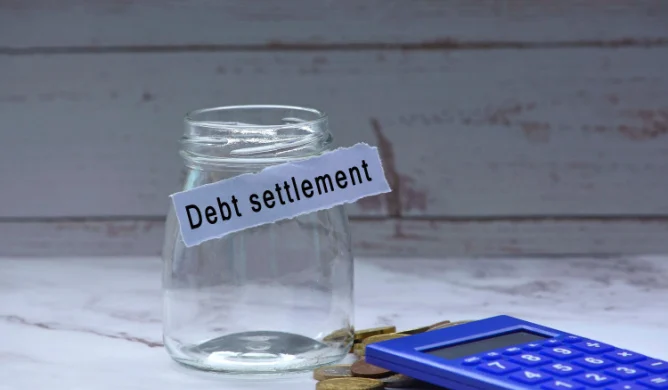Time to read : 3 Minutes
Negotiating Payment Plans To Deal With Debt
Dealing with debt can be difficult. But the reality is, you still have to deal with it. Negotiating a payment plan is one practical solution.
When it comes to managing debt collection demands, communication is critical.
If you’re getting legal letters, you need to act immediately and seek advice. A financial counsellor, or your accountant, if the debt is related to business/tax debt, may be able to act on your behalf.
If you ignore calls, texts, emails and letters, action will escalate – and that can mean fines, penalty payments, interest charges and potentially serious legal ramifications. Once you communicate, though, it may not be too late to arrange a payment plan.
As long as your offer is reasonable, you stick to your promised payments, and you keep them informed if something delays you from paying on time, most organisations will want to work with you to help get the debt repaid.
If you’re in doubt about the origins of the debt, ask for evidence. Mistakes do happen and, before you negotiate any repayment arrangement, making sure it is your debt matters.
If you are in genuine financial hardship, be honest
It can feel scary to talk to people about debt but honesty is the best policy.
They know you owe it, you know you owe it, but by starting a conversation about it, and negotiating a payment plan arrangement, you're taking a step towards getting this monkey off your back.
Contact each organisation you owe money to and ask for the customer service team that deals with customers experiencing hardship. In many cases, it’s simply called the ‘hardship department’ or ‘hardship team’.
Depending on the organisation, you may need to offer some proof of your hardship and put your reasons in writing. In some cases, you may even be able to negotiate a reduction of the debt in return for the assurance you will meet certain repayment requirements by an agreed date.
Settling your debt
Your best chance of negotiation is with your original creditors, before they sell your debt to a collection agency.
If you are in a position to settle a debt in full, it may cost less than paying ongoing repayments. But make sure you have the available money, before you start making promises you can’t keep.
Protecting your credit rating
Being behind on debt repayments can affect your credit report.
A default can’t be listed unless you have been sent two notices: a default notice and a notice of intention to list a default.
Once you make a repayment arrangement with your creditor, a default can’t be listed if you keep to the repayment arrangement.
But for leases for personal (or investment property) purposes, as well as loans, the lender can list your repayment history on your credit report if you are more than 14 days late with a repayment.
Get support if you need help
Calling the National Debt Helpline on 1800 007 007 is free (although mobile phones may incur a fee). It’s available from 9.30am to 4.30pm, Monday to Friday. Or visit moneysmart.gov.au to find a local financial counsellor.
Feeling overwhelmed by debt can lead to anxiety, depression and ill health. See your GP, or get help from support services such as Lifeline (call 13 11 14) or Beyond Blue (call 1300 224 636).
Community Legal Centres of Australia have offices in each state and territory, to assist with legal support.
The bottom line
If you owe money, it’s your responsibility to pay your debts. If you have multiple debts, a financial counsellor can help you work out a realistic budget to help you prioritise your repayments.
To help, look at ways you can trim your expenses, by shopping around for a better energy deal, or taking a closer look at your health insurance premiums and considering a switch to an insurer with a better deal.
Owing money and bing chased for it is never a great feeling. But pretending it's not happening is not a sustainable strategy. Paying anything is better than paying nothing.
Go deeper: Seven ways to leverage the equity in your home
Financial disclaimer
The information contained on this web page is of general nature only and has been prepared without taking into consideration your objectives, needs and financial situation. You should check with a financial professional before making any decisions. Any opinions expressed within an article are those of the author and do not specifically reflect the views of Compare Club Australia Pty Ltd.
